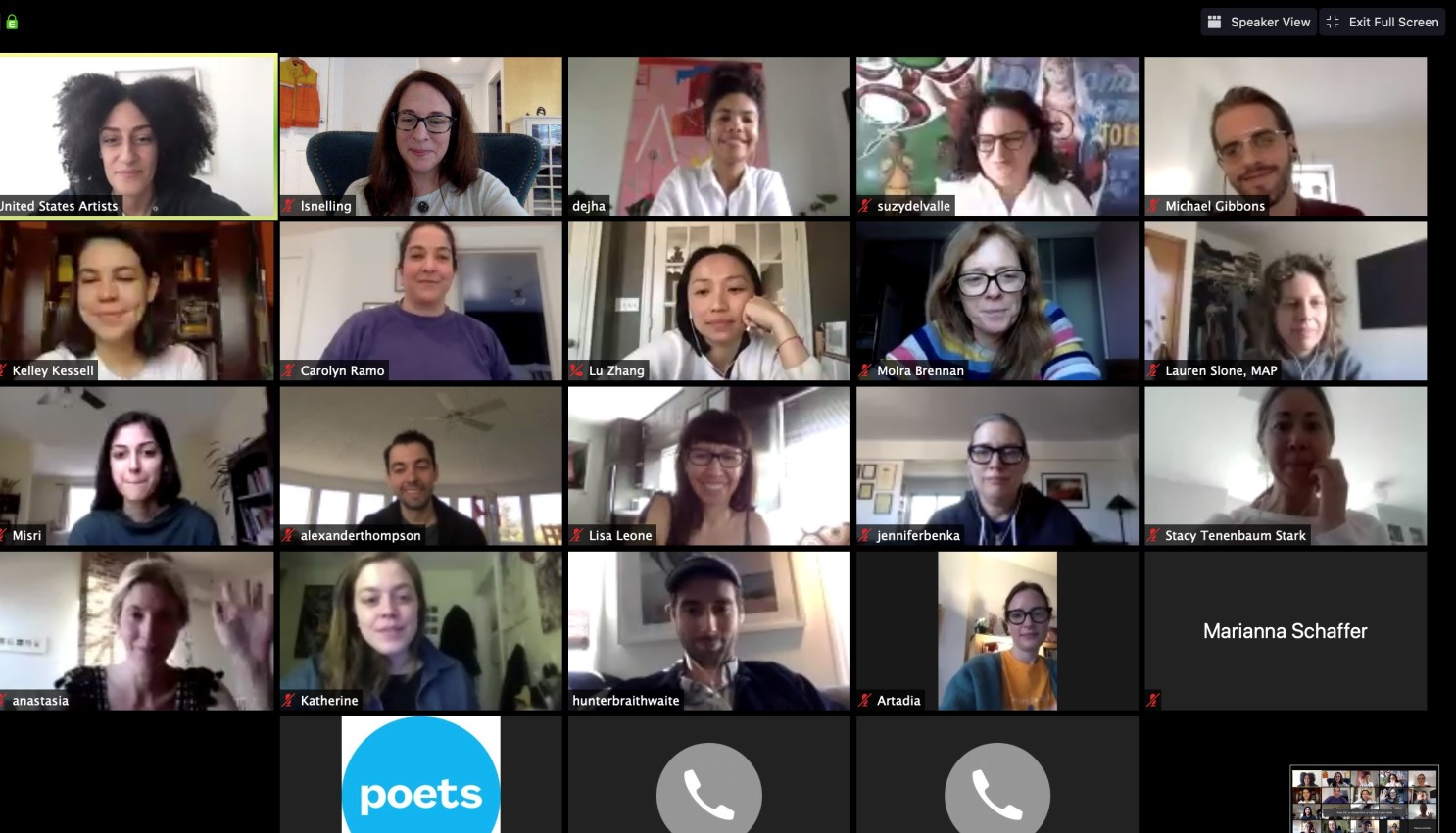Zoom is backing away from China and doubling down on India

The US tech industry's biggest names have made a beeline for India in recent months, and current darling Zoom is following suit.
The videoconferencing company announced this week that it will triple its existing workforce in India's financial capital, Mumbai, while also establishing new data centers in the tech hubs of Bangalore and Hyderabad. The company declined to share exactly how many employees it currently has in India and how many more it plans to hire.
"It's very much the culture of Zoom to be curious, to look for ... opportunities for growth wherever they may present themselves and not to close us off to any option," the company's chief operating officer, Aparna Bawa, told CNN Business in an interview the day after the announcement.
India's 700 million-plus internet users — with roughly 500 million more yet to come online — increasingly present a must-have prize for Silicon Valley. Facebook (FB), Google (GOOGL), Intel (INTC) and Qualcomm (QCOM) have collectively poured more than $16 billion into India this year.
Zoom (ZM)'s expansion is a response to a spike in usage, with the company saying free user signups in India rocketed 6700% between January and April this year.
Zoom has arguably been the breakout star of the coronavirus pandemic, with a meteoric rise in demand for its video calling services as people around the world were forced to work and socialize at home. Daily meeting participants, the metric Zoom uses to track usage, soared from 10 million at the end of December to 300 million in April.
The company now appears to be at an inflection point following its pandemic bump and a three-month period to fix its security and privacy issues, and will be looking to sustain that momentum while also charting a path for future growth.
But it comes as the company faces pressure to dial back ties with another big market and employee base. Zoom's longstanding ties to China have caused a series of issues — a controversy over some data being routed through Chinese servers forced it to start allowing users more control over their data, and the company sparked outrage by temporarily shutting down accounts of some human rights groups at the request of the Chinese government.
The company also has a sizable workforce in China, including its R&D department of over 700 employees, which the company warned in its annual report "could expose us to market scrutiny regarding the integrity of our solution or data security features."
Those ties could become more of a liability as tensions between the US and China increase, particularly when it comes to tech. The Trump administration has led a campaign against Chinese telecommunications firm Huawei, and says it is "looking at" banning short-form video app TikTok, which is owned by ByteDance, a company based in China. And while Zoom is a US company based in San Jose, California, its ties to China — both real and perceived — mean it risks getting caught in the crossfire.
"Given the fact that their network is fairly ingrained in some of the Chinese data centers and overall infrastructure, it's an ongoing risk factor to keep in mind," said Matt VanVliet, vice president of equity research at investment firm BTIG.
Zoom in May announced new R&D centers in Phoenix and Pittsburgh, with a plan to hire at least 500 new engineers across the two cities. VanVliet said that move appears to be an attempt at "future proofing" in case of a "more exact line in the sand" from the US as tensions with China escalate.
Zoom CEO Eric Yuan acknowledged as much in an interview with CNN Business earlier this year, suggesting a number of locations in the US where the company could move its R&D operations.
"If things get worse, we do have a plan," he said.

Bawa said the expansion into Bangalore, often referred to as India's Silicon Valley, aims to tap into the country's engineering talent to further shore up its R&D teams.
"I think it's undebatable that India is a great hub for tech talent," she said. "It's an obvious choice for Zoom as it looks to expand its engineering talent all over the world."
India is also rethinking its technological ties with China. A recent border clash between the two countries left 20 Indian soldiers dead, and has ratcheted up tensions that are spilling over into the tech industry. The Indian government last month banned dozens of Chinese apps, including TikTok and WeChat, after widespread calls to boycott products with roots in China.
India and China have both been challenging markets for US tech companies. Silicon Valley giants are largely shut out of China because of its massive censorship apparatus known as the Great Firewall. And while they have made more progress in India's comparatively open digital economy, they have had to deal with numerous regulatory roadblocks as India leans toward protectionism.
And with technology becoming more of a proxy for security and economic issues between countries, tech firms are having to tread more carefully when it comes to overseas expansion.
Meanwhile, as India and the US increasingly align on their distrust of Chinese tech, Zoom has had to deal with perception issues in both countries.
"Some of the misconceptions are disheartening, especially those about Zoom and China," Velchamy Sankarlingam, Zoom's head of product, wrote in a lengthy blog post just days after India's ban on Chinese apps. "Like many global technology companies, Zoom has offices in China operated by subsidiaries of the US parent company."
It's a clarification Yuan, who was born in China but moved to the US in 1997 and became a US citizen in 2007, has had to make on multiple occasions, including after Speaker of the House Nancy Pelosi erroneously referred to Zoom as a "Chinese entity."
"It is our job to continue to talk about ourselves in the way that is true," Bawa said. "We're a US company, we're listed on the Nasdaq, headquartered here in San Jose, probably very similar to other technology companies that look for talent globally across the world, and want to put forward the best service that we can put for our customers to use."
source : edition.cnn.com
1448 Views


Comments